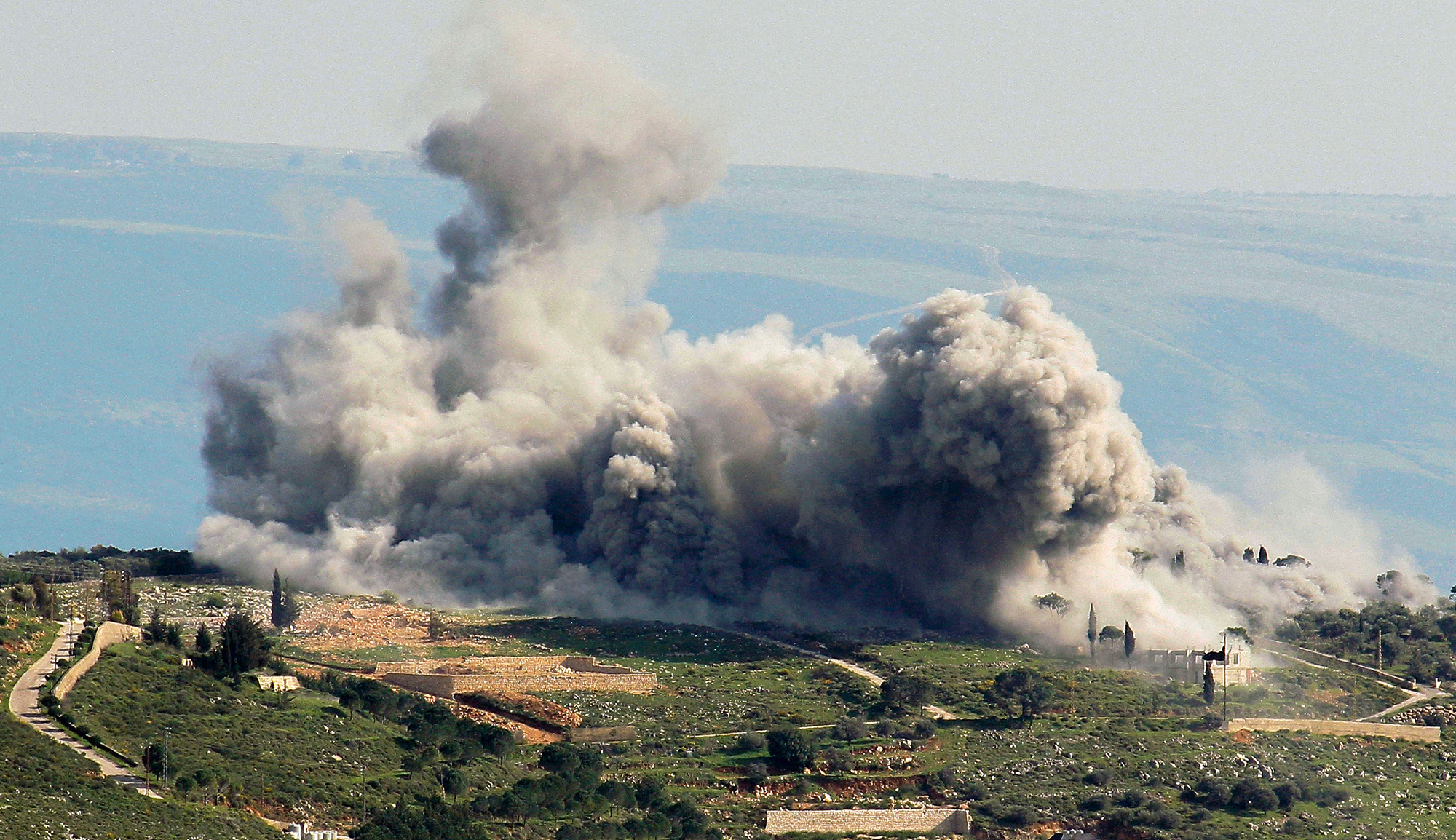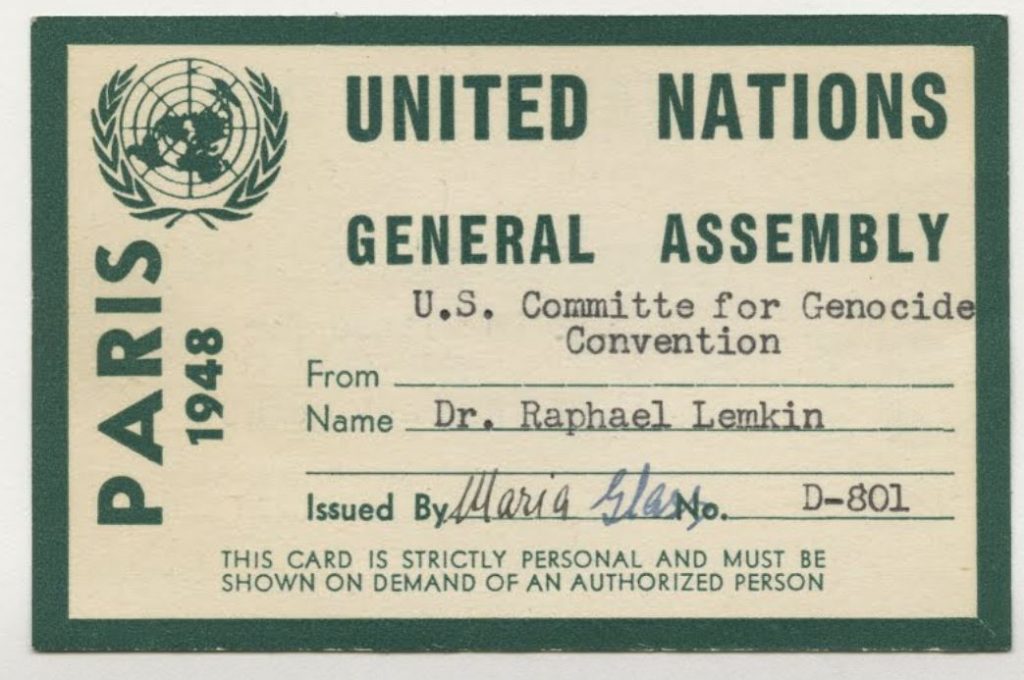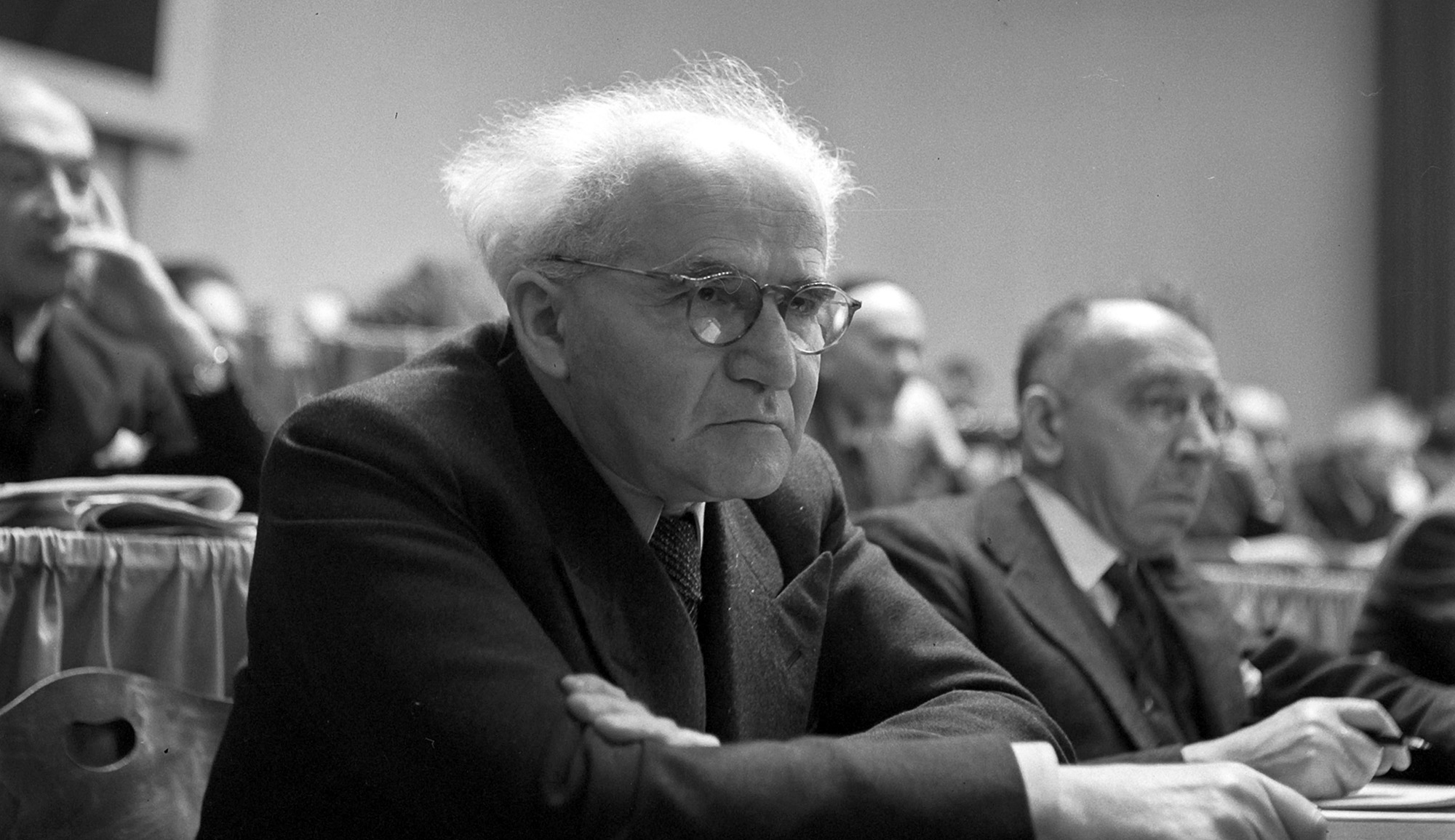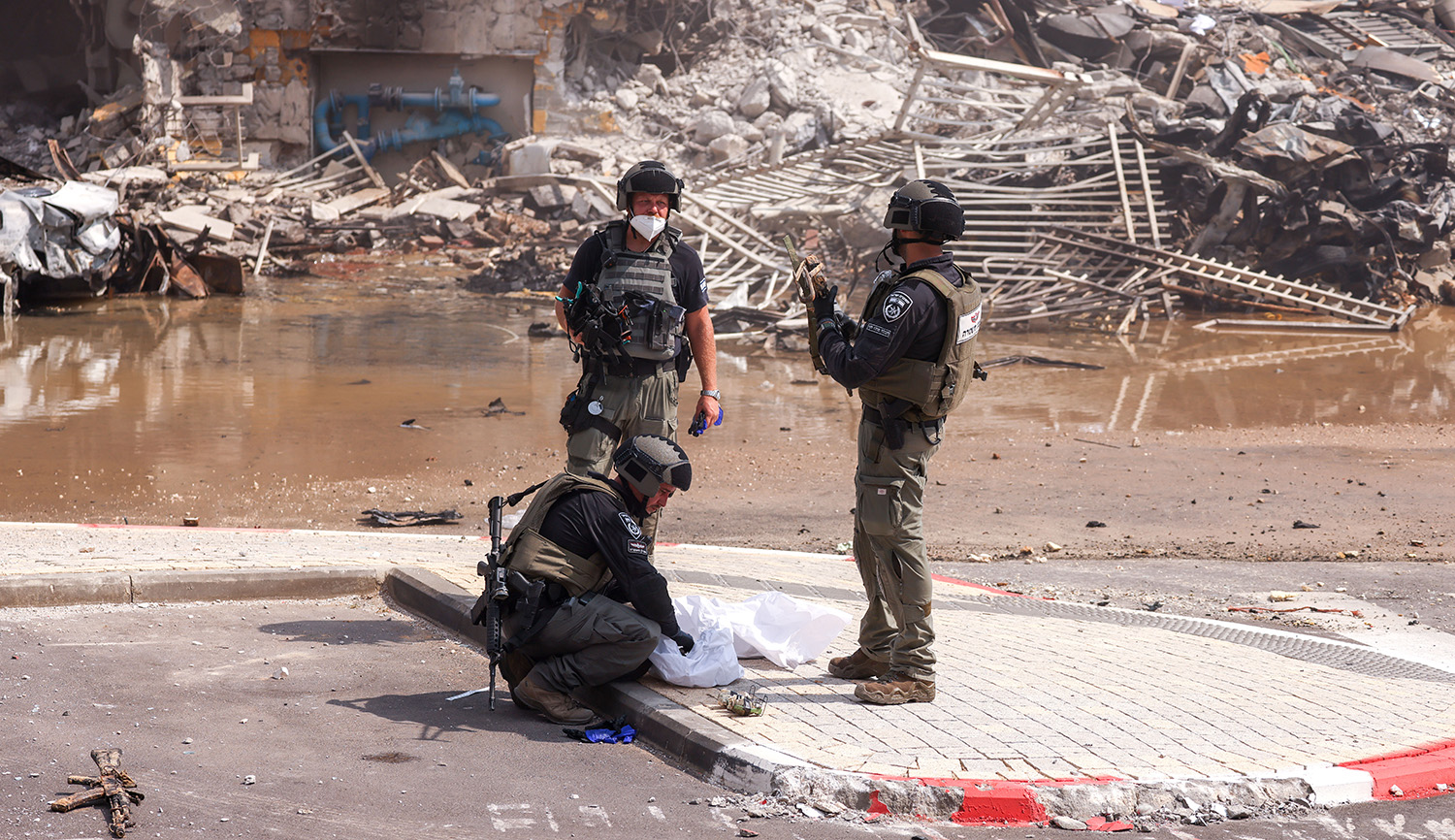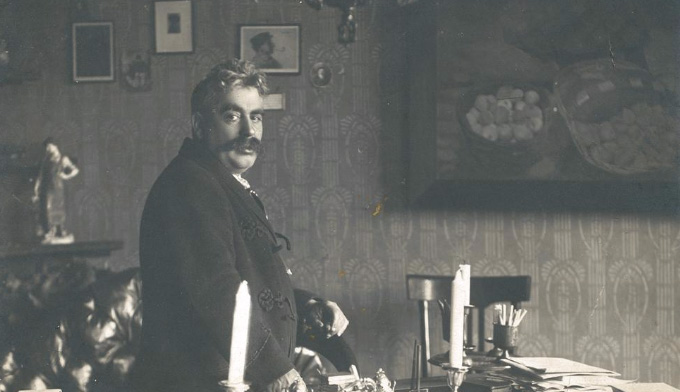new-registrations
As both sides escalate by the day and as the fighting in Gaza simmers down, many Israelis are growing convinced that full-scale war with Hizballah is unavoidable. Are they right?
Understanding the Jewish political paradox in 2024.
A Jewish lawyer coined the term because there was no word that described the murder of a whole people. But the definition he favored is so loose it can apply to almost any conflict.
When it comes to describing Israel’s actions in war and peace, the world invests established terms with new meaning, and simply invents others.
Israel’s founding father argued for a conception of politics uniquely tailored to the Jewish state. Fifty years after his death, his country could use it more than ever.
The case of the literary master helps explain why people who devote themselves to compassion for all so often make an exception for Jews.
Three catastrophes, all marked by euphoria at the start and denial at the end, have shaped the Palestinian predicament. Has the fourth arrived, and is the same dynamic playing out?
A fighting report from a 20-year-old Border Police agent who was one of the first responders to Saturday’s massacre in southern Israel.
If they see Israel as weak and not a dependable ally, the likes of Saudi Arabia, Jordan, and Egypt would have little choice but to align with Iran.
Why Hamas frames the Israel-Palestinian conflict with the imagery of divine justice and cosmic warfare, and why it appeals to so many in the West.
Grotesque images of abused Israeli hostages and violations of dead Israeli bodies should remind us of the reality of evil and the necessity of countering it.
It’s long been the greatest question about the war: why Israel waited to be attacked. But what if it was convinced to wait by its closest ally, the United States?
How generations of Arab thinkers and leaders tried to turn the humiliation of their losses to Israel into a springboard to launch their nations into an enchanted new age.
The great Yiddish writer envisioned an unbroken transmission of Jewishness through the generations, from biblical prophets to talmudic sages to literary giants like Heine—and himself.
